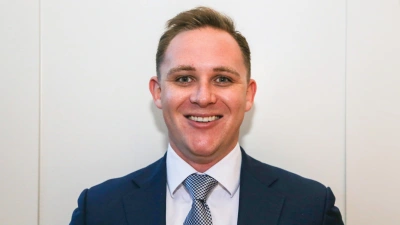ING DIRECT profits down despite super growth


ING DIRECT has posted a 9 per cent decrease in net profit after tax for the 12 months to December 2012.
Strong growth in its low-cost superannuation product Living Super was not enough to better the results it achieved last year, with net profit after tax recorded as $276.9 million compared to $304.3 million in 2011.
ING Direct chief executive Vaughn Richtor said the bank's profit margin had been influenced by difficult funding costs in the first half of the year which had eased in the second half, leading to a 25 basis point cut to variable mortgage rates in October and December.
Richtor said customers had shown a strong appetite for a low-cost highly competitive superannuation product, with 9335 new members signing on to Living Super and funds under management in superannuation increasing to $223 million as of March 2013.
"We have made the product simple enough to be sold direct and the fee proposition is very compelling," he said.
The bank's strategy focused on becoming the primary bank for customers, according to Richtor.
Its retail deposits were up 10 per cent to $28.5 billion, its total deposits-to-loans ratio increased by 70 per cent up from 62 per cent, while risk costs decreased by $20 million.
"There is strong growth in the number of customers who choose two or more of our products and we intend to foster this growth into the future," said Richtor.
ING DIRECT's regulatory capital ratio was 12.6 per cent at the end of 2012.
Recommended for you
In this episode of Relative Return, host Laura Dew chats with David Russell, chair of the Transition Pathway Initiative, and Tony Campos, head of sustainable investment at FTSE Russell, about the intricacies of climate investment.
In this episode of Relative Return Unplugged, hosts Maja Garaca Djurdjevic and Keith Ford, along with special guest Steve Kuper, discuss a whirlwind start to US President Donald Trump’s second term that all but kicked off a trade war.
The emergence of DeepSeek, a Chinese artificial intelligence (AI) start-up that claims to have built an advanced large language model in just two months for under US$6 million, sent shockwaves through the AI world and cratered US tech stocks.
Donald Trump’s presidency has already begun reshaping the corporate and political landscape in the US, with executive orders rolling back diversity, equity, and inclusion (DEI) initiatives and clean energy efforts.












